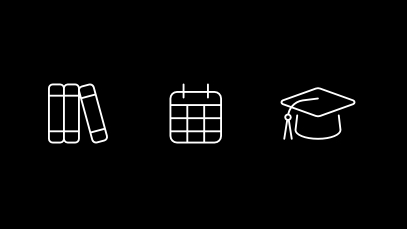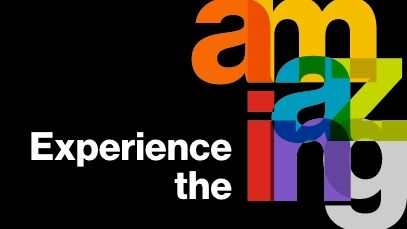
Ante Poljicak
Department Chair, New Media Design Department, Professional Studies Professor
RIT Croatia
Ante Poljicak
Department Chair, New Media Design Department, Professional Studies Professor
RIT Croatia
Currently Teaching
IGME-101
New Media Interactive Design and Algorithmic Problem Solving I
4 Credits
This course provides students with an introduction to problem solving, abstraction, and algorithmic thinking that is relevant across the field of new media. Students are introduced to object-oriented design methodologies through the creation of event-driven, media-intensive applications. Students will explore the development of software through the use of a range of algorithmic concepts related to the creation of applications by writing classes that employ the fundamental structures of computing, such as conditionals, loops, variables, data types, functions, and parameters. There is an early emphasis on object oriented concepts and design.
IGME-102
New Media Interactive Design and Algorithmic Problem Solving II
4 Credits
This course provides students a continued introduction to problem solving, abstraction, and algorithmic thinking that is relevant across the field of new media. As the second course in programming for new media students, this course continues an object-oriented approach to programming for creative practice. Topics will include re-usability, data structures, rich media types, event-driven programming, loaders, XML, object design, and inheritance. Emphasis is placed on the development of problem-solving skills as students develop moderately complex applications.






